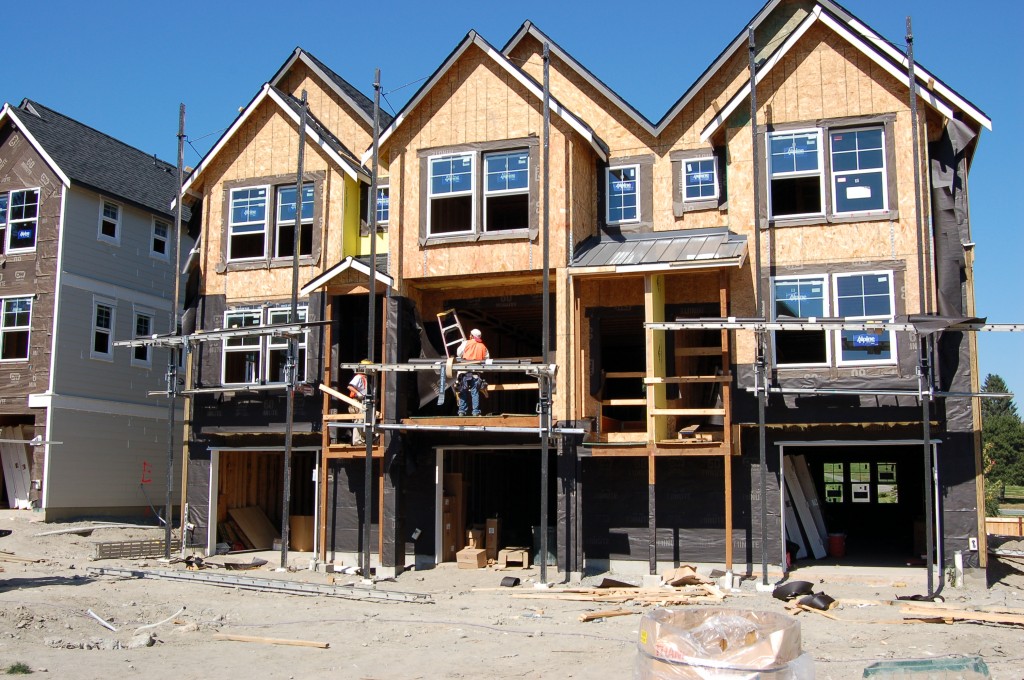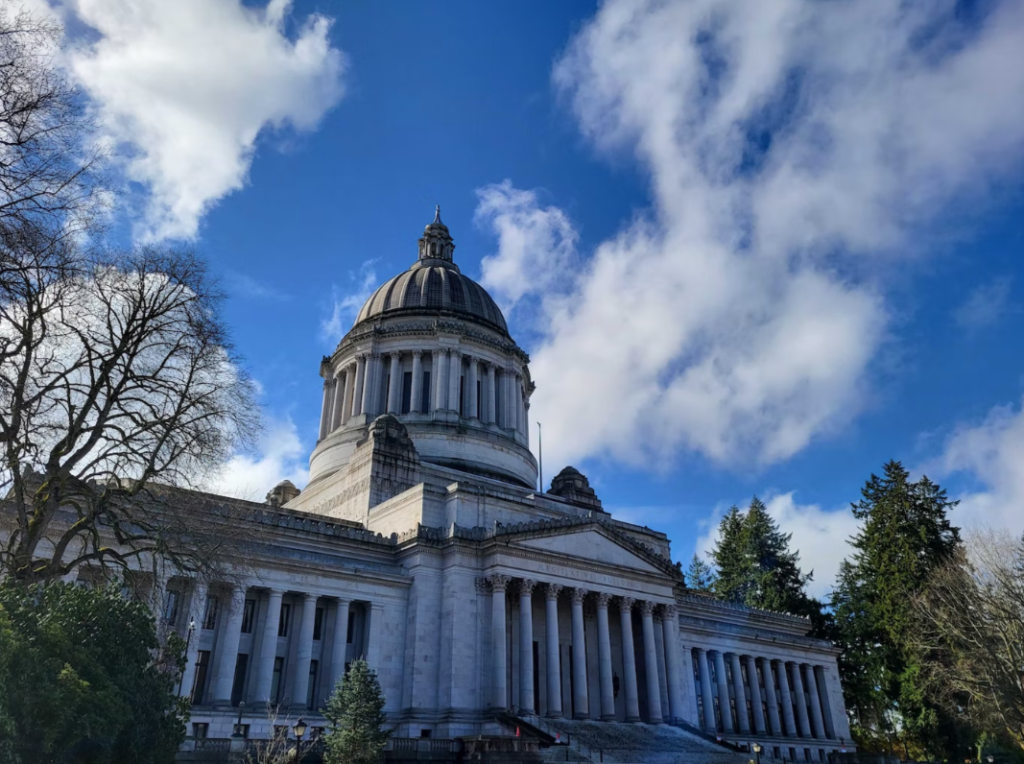Dear friends and neighbors,
We’re over two-thirds of the way through session, which means House bills are currently being heard in the Senate.
I wanted to update you on some important legislation addressing the housing crisis and climate change. We know these two issues intersect in important ways.
Everyone needs a home
While our bills on housing primarily focus on addressing increasing housing costs and our state’s shortage of 140,000 to 250,000 homes, they are also critical to achieving our climate goals. Infill housing is more energy-efficient and less infrastructure-intensive.
By creating more walkable and sustainable neighborhoods, we reduce our transportation emissions and urban sprawl while preserving critical habitat space and farmland.
We’re expanding our housing supply through bills that allow construction of familiar kinds of homes.
Middle housing—HB 1110 legalizes modest homes like duplexes in neighborhoods and near transit. Everyone needs a place to call home, and lifting bans on these housing types will make homeownership within reach for more of our neighbors.
It’s an important step for people to access opportunity, put down roots in their community, build equity, and create economic stability for themselves and their families.
Boosting construction—To facilitate this expansion of our housing supply, HB 1167 creates guidelines for middle housing construction, ensuring that the standards in place for middle housing are not more restrictive than those placed on single-family homes.
Mother-in-law houses—HB 1337 similarly allows construction of mother-in-law houses (Accessory Dwelling Units), putting homeownership within reach for young people that have been priced out of the market as well as allowing our elders to age in place.
Fighting climate change
While HB 1110 and HB 1337 deal with land-use planning to alleviate our housing shortage, other bills work to address climate change through our land-use planning framework.
Smarter planning—HB 1181 adds climate change to our land-use planning framework, while HB 1170 updates our state’s integrated climate response strategy to increase community resilience.
Clean energy—We’re also taking steps to transition to a cleaner energy future. HB 1589 helps the state’s largest utility transition away from fossil fuels, while HB 1216 streamlines the permitting process for clean energy facilities.
Reducing building emissions—With buildings accounting for 27% of our state’s greenhouse gas emissions, we’re working to decarbonize our buildings’ energy use. HB 1390 helps campuses with central heating systems meet their carbon reduction goals. While working at a higher level with our energy systems and large campuses, it’s also important to empower smaller energy consumers. HB 1391 informs people of incentives to upgrade their home energy systems, decreasing barriers for everyday Washingtonians to transition to cleaner energy themselves.
Toxic chemicals and pollution—Beyond lowering our emissions, we need to take meaningful steps to protect Washingtonians and our environment from harmful chemical and plastic pollution. HB 1047 bans the use of known toxic chemicals from cosmetic and personal care products. HB 1085 takes commonsense steps to reduce plastic pollution.
Thank you to all who came to the Town Hall. It is an honor to represent you at the Capitol.
You can reach out to me by phone at (360) 786-7992 or by email, and be sure to follow my legislative Facebook page for all the latest updates!




